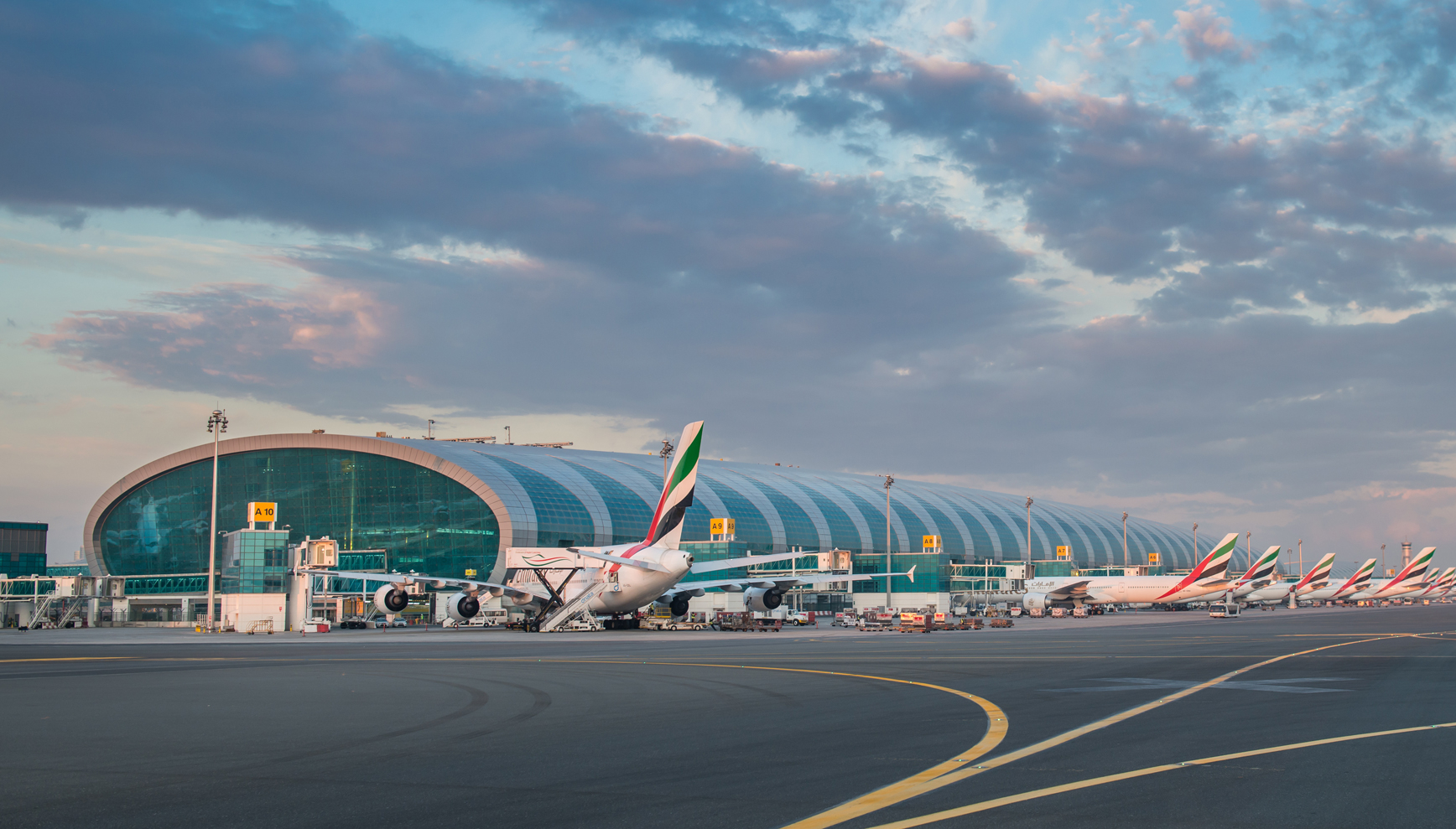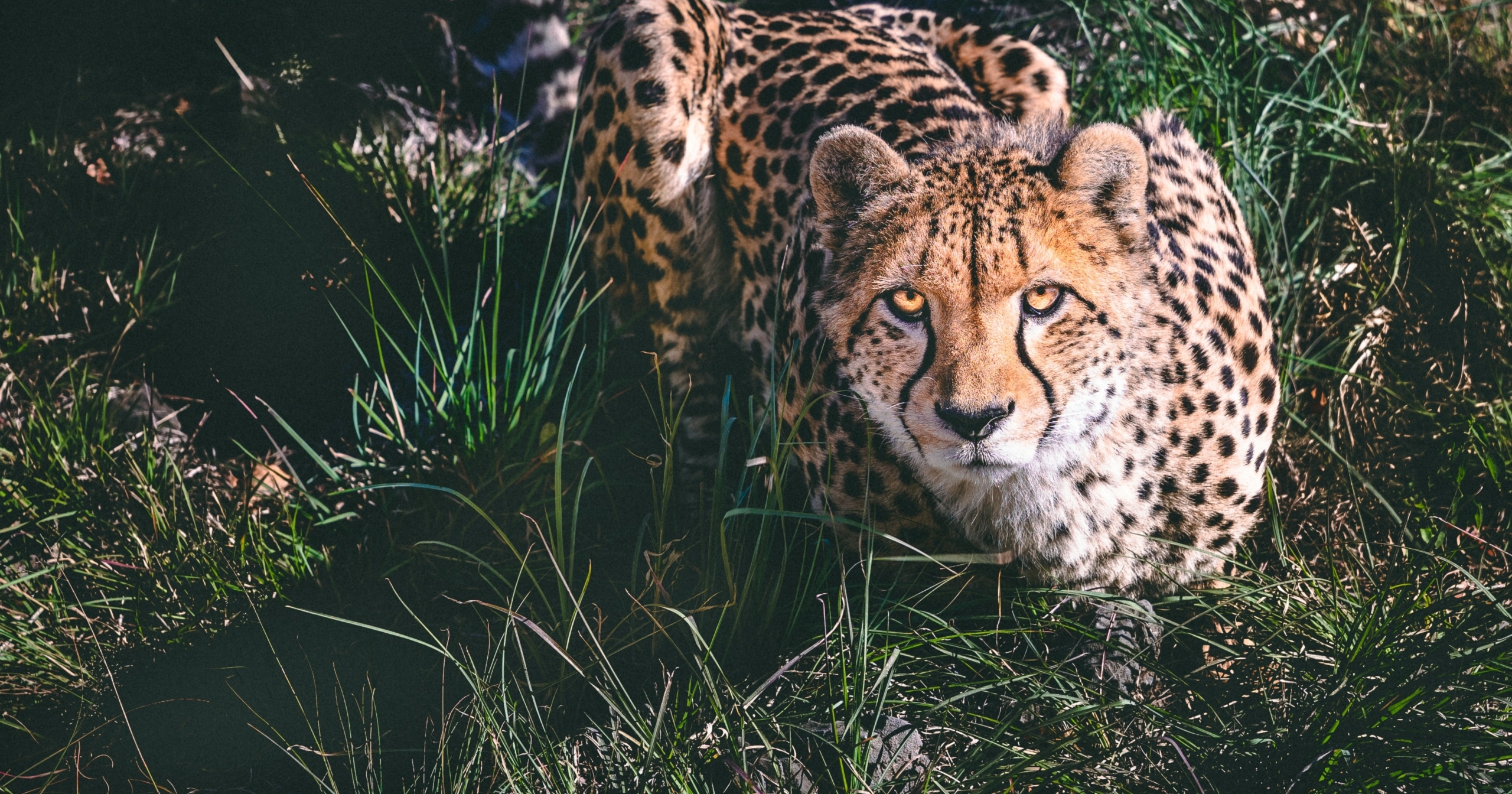Eugénie Pimont, Wildlife Cybercrime Officer at International Fund for Animal Welfare (IFAW), shares her insights from IFAW’s latest investigation into the online ivory trade in the European Union.
An elephant, peacefully walking through the jungle is shot with a bullet to the head – he trumpets a cry of distress and falls to the ground with a thump as he closes his eyes for the last time. That was the harrowing opening scene of a new drama called Poacher that exposes the sinister business of ivory traders in India. Although I spend a lot of time doing desktop research on ivory, I’m not often confronted with the sight of the suffering they face in their final moments.
It’s crucial we keep the animals that are being slaughtered at the forefront of the debate. People usually say they love elephants, but sadly people love their ivory too, maybe failing to make that connection between a living being and a lifeless item. Its status as a luxury product means elephants are still killed to fuel this insatiable demand. Despite all the work to clamp down on the trade – it’s still happening. We know – because our latest study confirms that.
In just 23 days, our researchers were able to identify 1,330 ivory and suspected ivory items for sale online from 831 adverts. These findings were collected in 2023 from 49 online marketplaces and auction houses websites across France, Belgium, the Netherlands, Spain, Italy, Portugal, and Germany, to examine the situation after the adoption of the new EU rules.
We found this alarming.
In December 2021 the European Commission announced revised regulation and new guidance to curb the trade in elephant ivory. At the time, it seemed promising. They remain the European Union’s strongest measures so far on the matter. Yet our investigation shows that despite new legislation, substantial amounts of ivory are still being found for sale across the continent.
Not only that, we found less than 10% of all adverts provided evidence they were legal. There was a total lack of evidence for ads selling raw elephant ivory – where the strictest rules apply. We suspect many of these items are illegal.
Seemingly undeterred, ivory dealers continue to evade the law.
The EU’s latest rules – although an improvement – aren’t cutting through. Most of them are not legally binding, requiring implementation at individual Member State level. If we are to end the ivory trafficking that’s still happening, we need tougher laws, enforcement and monitoring in place. Failing to step up means that the EU could be contributing to the elephant poaching crisis and the global impact it has.
We know that a tough policy stance can work. IFAW recently commissioned a before and after snapshot of ivory trading in the UK following the Ivory Act 2018 that came into effect in 2022. It showed a 66% reduction of ivory adverts online, with some sites tracking as much as a 95% reduction. This legislation is now also being extended to cover five non-elephant species including the hippo and orca whale. The message is clear. The UK Government does not tolerate the trade of ivory – bar very limited exceptions.
Without robust legislation in place in the EU, those elephants, along with hippos, walruses, whales and other ivory bearing species – whether they are in jungles, savannahs, grasslands or oceans – still have a price on their heads. Their lucrative tusks and teeth leave them vulnerable to be killed to order for their ivory. The trade and the demand is still very much alive.
We can’t let the killing continue. We need to safeguard animals in the wild, and that means taking action. Our latest piece of research will provide us with further evidence to continue our engagement and partnership working with enforcers, government and online platforms. Ultimately, we need a holistic approach, working with partners on the ground, and people just need to stop buying ivory. Policy is just one part of the solution to this complex matter.
The EU needs to close the existing legal loopholes and make ivory too hot to handle. It’s our best shot at protecting animals from the bullets of poachers.




